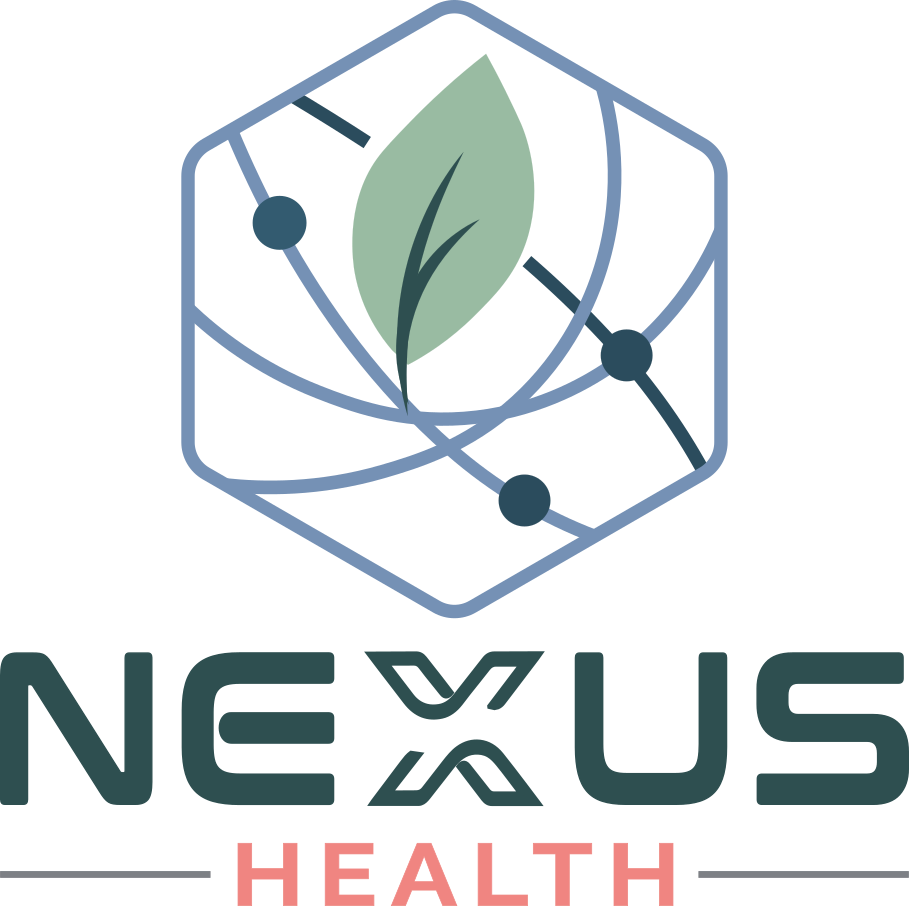What is Traditional Chinese Medicine (TCM)?
Traditional Chinese Medicine is considered one of the oldest and most enduring systems of healing on the planet, having been practised continuously for thousands of years. While acupuncture is often the most recognised component of TCM in Western cultures, it is just one aspect of a complex and holistic framework that encompasses five essential therapeutic modalities:
Acupuncture: This involves the delicate insertion of fine, sterile needles at specific points on the body to elicit biological responses and address areas of concern.
Tui Na: This category encompasses manipulative therapies, including therapeutic massage, targeted stretching, cupping, and Gua Sha. These techniques are designed to improve circulation and promote the body's natural healing processes.
Herbal Medicine: Drawing from natural sources such as plants and minerals, herbal medicine is used to address a wide variety of health conditions, offering gentle and time-tested remedies.
Nutritional Therapy: In Chinese medicine, dietary considerations are paramount. Food is seen as medicine, and nutritional guidance is a key part of facilitating the body's healing processes.
Qi Exercises: Encompassing practices like Tai Chi and Qigong, these meditative exercises synchronise body, breath, and mind to cultivate internal harmony and balance.
What is Western Medical Acupuncture (WMA)?
Western Medical Acupuncture (WMA) is a modern form of acupuncture that combines ancient needling techniques with our current scientific understanding of the human body. Unlike TCM, which relies on concepts like "qi" and meridians, WMA focuses on how acupuncture affects your nerves, muscles, and brain.
Think of it as a bridge between Eastern and Western approaches to health.
Key things to know about Western Medical Acupuncture:
Science-Backed: WMA is based on scientific research into how acupuncture works. Studies show it can influence the nervous system to reduce pain, relax muscles, and even calm inflammation.
Targeted Treatment: Practitioners use their knowledge of anatomy and physiology to precisely place needles. This means we're targeting specific muscles, nerves, or pain pathways.
Integrative Approach: WMA is often used alongside other treatments, like physiotherapy, osteopathy, allopathy or exercise, to provide a comprehensive approach to your health.
The Best of Both Worlds: Ancient Wisdom Meets Modern Science
Nexus Health’s practice is built on a foundation that integrates the insights of Traditional Chinese Medicine (TCM) with the latest scientific understanding of Western Medical Acupuncture. This means you benefit from a comprehensive approach:
Understanding the "Whole You" with Traditional Perspectives: we often begin with a holistic assessment that considers your overall well-being, lifestyle, and how different aspects of your body and mind are connected. This "Traditional Chinese Medicine lens" helps us see patterns and imbalances that might contribute to your health concerns. It’s about understanding you as a unique individual, not just a set of symptoms.
Targeting Solutions with Modern Science: Once we have that holistic picture, we apply our knowledge of Western Medical Acupuncture. This is where science comes in. We use our understanding of anatomy, physiology, and neurology (how your nerves, muscles, and brain work) to precisely choose points and techniques that are scientifically shown to be effective for conditions like pain relief, muscle relaxation, or reducing inflammation. We're targeting specific pathways in your body that research has identified.
What This Means for Your Treatment ?
This integrated approach allows us to:
Tailor treatments more effectively: By drawing on both frameworks, we can create a treatment plan that's deeply personalized for you.
Explain things clearly: we can explain your condition and treatment options using language that resonates with you, whether you prefer traditional concepts or a scientific explanation of how the needles are affecting your body.
Achieve lasting results: Combining these powerful approaches often leads to more comprehensive and sustainable improvements in your health and well-being.
Ultimately, our goal is to provide you with the most effective and safest acupuncture care possible, by drawing on the rich history of this practice and the cutting-edge insights of modern medical science.

